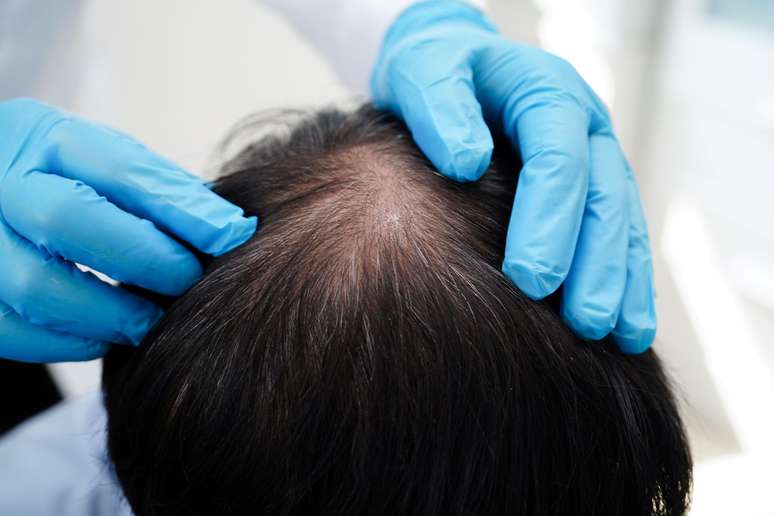Anxiety does not have a pattern and therefore can present itself in different ways. Discover the main signals
Brazil is the most anxious country in the world. Data from the World Health Organization (WHO) shows that around 18.6 million people suffer from anxiety in the country alone. The problem has multiple faces and also multiple names: discomfort, anguish, disturbance of the spirit due to uncertainty, relationship with any context of danger, etc. However, when symptoms begin to harm our routine and mental well-being, anxiety has likely become a pathology.
The Ministry of Health defines anxiety as an important and functional resource for the human organism, since it is responsible for adaptation in unknown cases, as well as alerting the body and mind in moments of danger. However, it becomes a disorder when it manifests itself in an exaggerated and persistent way, upsetting various areas of life.
Symptoms of anxiety
According to the ministry, the symptoms of anxiety appear as:
- Exaggerated worries, tensions or fears (the person is unable to relax);
- Continuous feeling that a disaster or something very bad is about to happen;
- Exaggerated worries about health, money, family, or work;
- Extreme fear of some particular object or situation;
- Exaggerated fear of being publicly humiliated;
- Lack of control over thoughts, images or attitudes, which are repeated independently of the will;
- Terror after a very difficult situation.
Different types and ways of treatment
Anxiety disorder does not follow a pattern. The disorder can present different forms, which require individualized treatments. “Anxiety can present itself in many different ways. Some types have more physical characteristics, while others are more linked to mental concerns. And there are those that manifest themselves only in specific situations”, explains psychologist Regiane Galanti, in the book Ansiedade Não it’s Freshness.
Some techniques can help reduce anxiety, such as exercising or spending time offline. However, the key is to treat the problem with professional help, providing psychological support. This is because only the specialist will be able to find alternative and effective ways so that the person can better deal with the disorder, promoting a better quality of life.
Source: Terra
Ben Stock is a lifestyle journalist and author at Gossipify. He writes about topics such as health, wellness, travel, food and home decor. He provides practical advice and inspiration to improve well-being, keeps readers up to date with latest lifestyle news and trends, known for his engaging writing style, in-depth analysis and unique perspectives.








